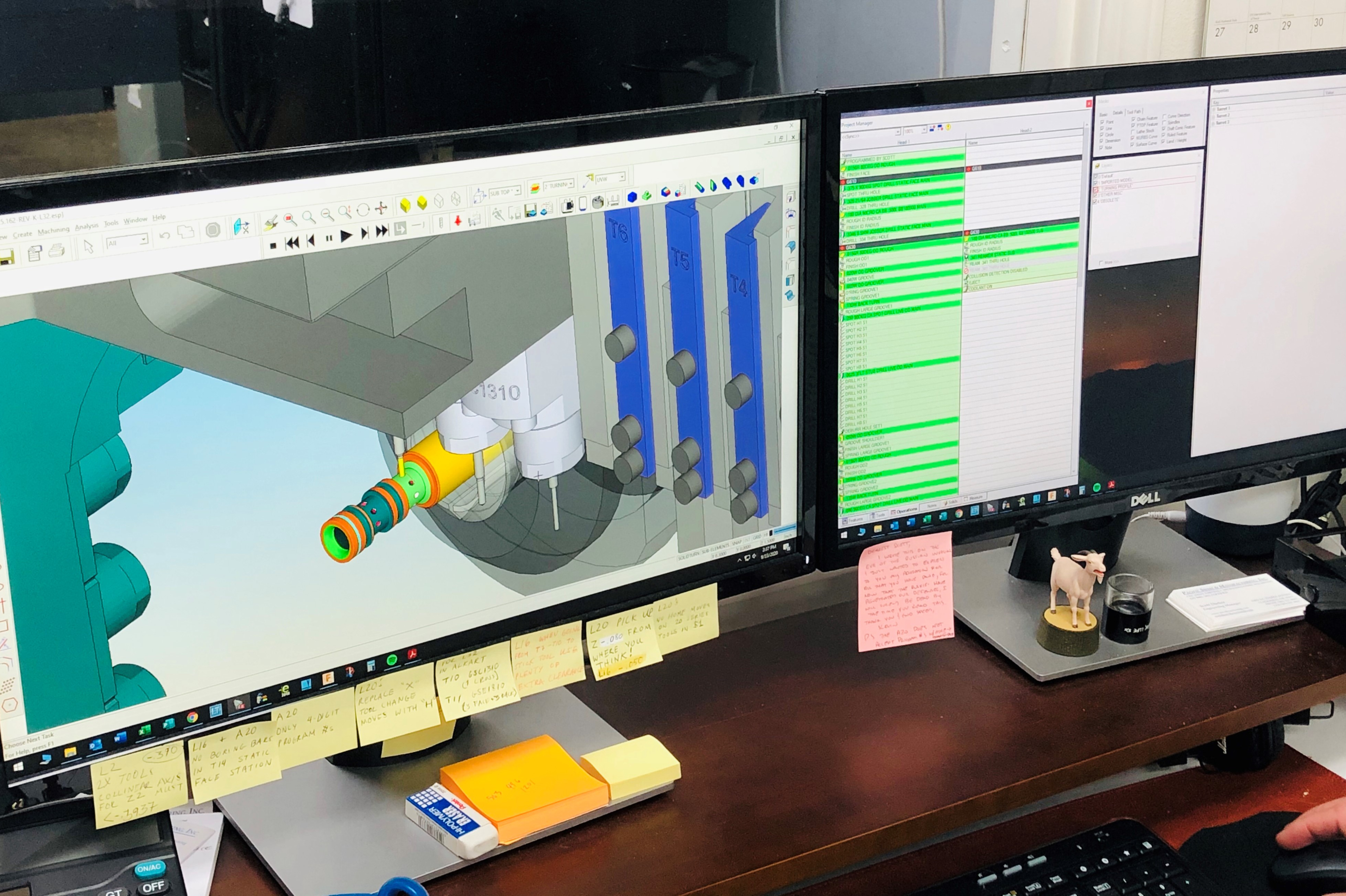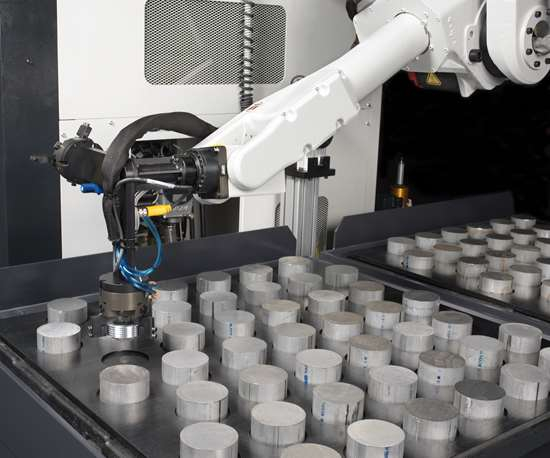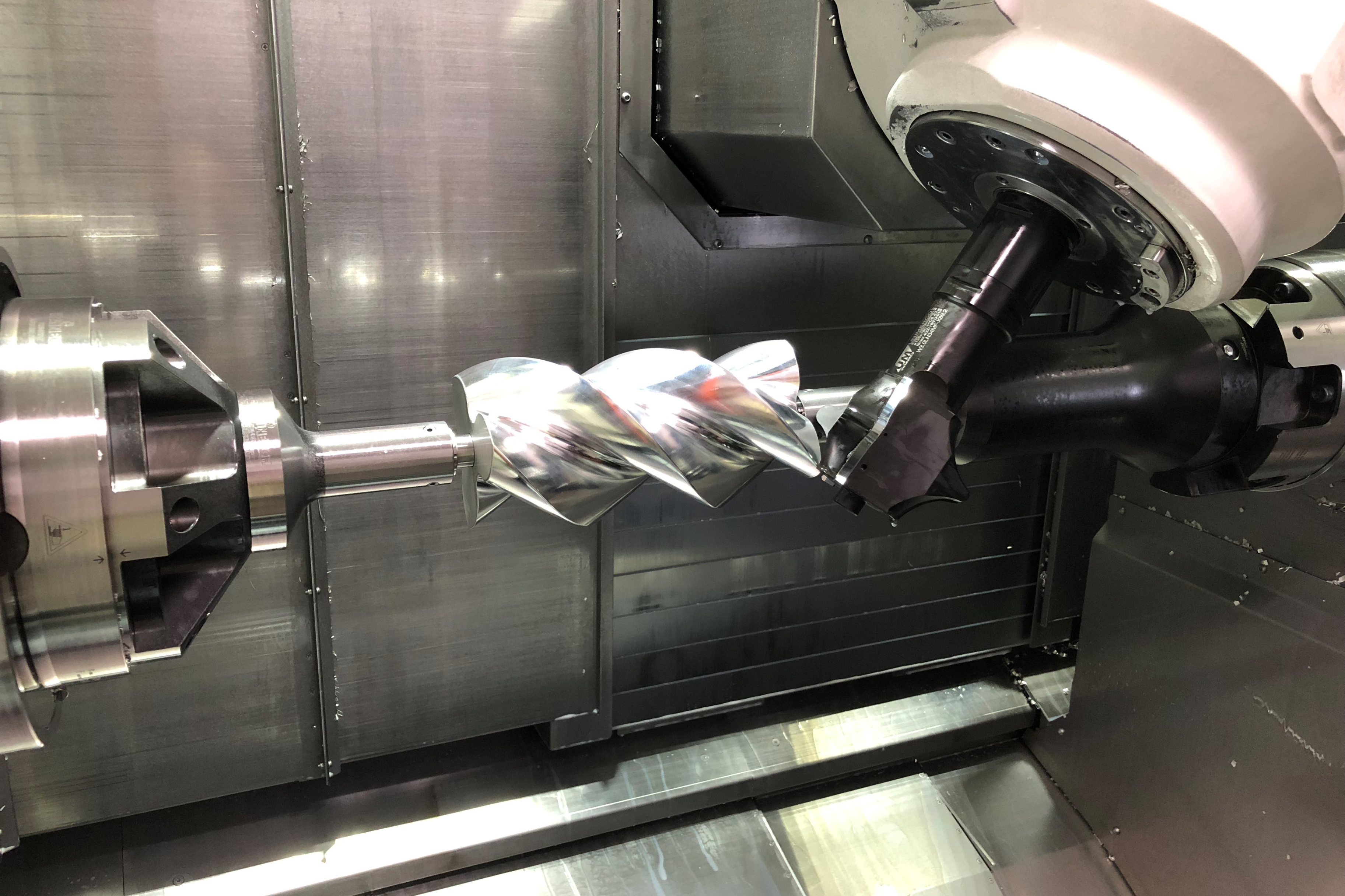NIMS Partnering with Festo to Develop Industry 4.0 Skill Credentials
“We are hopeful to have the standards identified and the training program in place by the end of 2019,” says Montez King, executive director of NIMS.
Edited by
The国家金属加工能力(NIMS), in partnership with Festo Didactic, is developing skills standards and credentials for jobs involving manufacturing digitalization and Industrial Internet of Things (IIoT) technologies. The partnership will combine NIMS’s credentialing and training resources withFesto’s Industry 4.0 Learning Factories, courseware and e-learning integration.
“This is an exciting development for manufacturers and educators, as it directly addresses both the data-driven revolution happening in manufacturing today and the skills gap,” saysMontezKing, executive director ofNIMS.“There are so many interdependent functions and abilities surrounding Industry 4.0. This effort will help to bring clarity to the proficiencies required, train people extremely well and validate their expertise.”
Among the first tasks to be accomplished is to conduct research to discover and verify exactly what competencies should be. Then, the training protocols and credentials will be created. “We are hopeful to have the standards identified and the training program in place by the end of 2019,” Mr. King says.
Thomas Lichtenberger, CEO of Festo Didactic says, “As the production line becomes ‘smarter’ — collecting data to change processes and create efficiencies — workers and students will be expected to adapt in the same way. Bringing NIMS, Festo, and other industry partners together, we look forward to a collaboration that leads to world-class industry standards and learning systems.”
During the development of the new skills standards, NIMS will ascertain which credentials in its existing programs support various Industry 4.0 functions and determine new credentials for development. The training outcome is to provide employees in or entering a manufacturing workplace with an understanding of Industry 4.0 concepts and impart certifiable skills as companies increasingly adopt automation and data gathering and management functions in their manufacturing operations.
RELATED CONTENT
Inventory Control Systems For The Shop
An ongoing effort towards more efficient operations drove this shop to take a closer look at indirect material usage, subsequently leading to implementation of a new system for tracking toolroom inventory.
Lean Six Sigma Training Benefits Companies, Customers
Companies may face obstacles when implementing Lean Six Sigma practices, but the quality improvement and waste reduction can have long-term benefits in customer satisfaction, work culture and efficiency.
Gaging Is Baseless Without Standards
Applying gaging standards consistently is the key to quality parts and products.



















